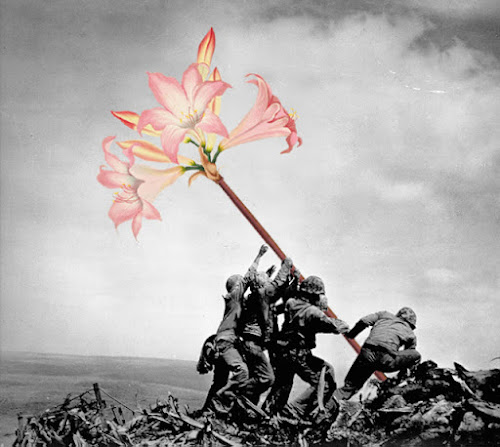Beat the Book Pirates at their Own Game

If you're an artist of any stripe, you likely entered the "copyright" discussion based on your well-justified fear of having your pocket picked by unscrupulous plagiarists and resellers. As a typical creative artist you make a tenuous living from your avocation. If you're trying to survive on it, you are most likely living well below the poverty line. But most of us harbour dreams of making enough money from our art to give up our jobs in the real world. The faint chance of doing that becomes nearly impossible when someone finds a way to steal the food from your hand when it's still on the way to your mouth. I pretty much made back the money I invested in self publishing my horror collection, Psychedelia Gothique before pirates made it available for free all over the internet. I haven't made a penny on it in years, but that's at least partly my fault. If I had done a better job of self-promotion and made a bigger splash on the front end; if I had continu





